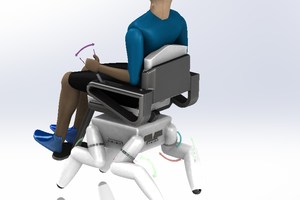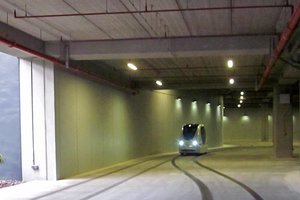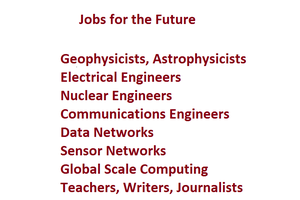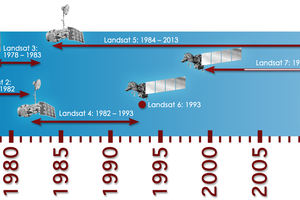In the present times, a huge problem lies in transportation field with the problem of pollution from vehicles being the major one. Though the introduction of hybrid cars as well as electric cars in the field of transportation has been done but the problems associated with them such as their high cost as well as less range has made people hesitant towards buying. Moreover, even after introduction of these more energy efficient cars, the problem of traffic as well as noise still remains the same. The inability of people with disabilities to travel around the city with ease has become an important point to be addressed due to increase in the traffic density. To ensure faster, easy to use, affordable as well as eco-friendly way of transportation, motivates the present work on assist-bots.
Presently there have been attempts made by Google in order to make an electric self-driving car that could be used for transportation. However, the use of complex artificial intelligence based systems causes several conflicts for the autonomous driving under certain scenarios in the real world where the AI has to take moral decisions. Due to the problems associated with this, the project was reconsidered and taken down a few months back with the resources for the same made open source.
Artificial intelligence based self-driving cars have been worked upon for a really long time but the no effective solutions have been arrived as there have been certain scenarios where the car has to take a moral decision. In addition to that, problem associated with traffic, cost incurred on the fast depleting energy resource as well as source of charging for the electric car are not addressed, giving rise to even more hurdles in deployment of the technology. Moreover, for indoor navigation, there was introduction of an Artificial Intelligence based bot in Russia that was used in order to help, guide people and prevent anyone from missing the flight, which turned out to be a costly affair. Use of AI based robots meant use of really accurate sensors which in turn sky rockets the cost of the bot which was the main reason it wasn't scaled up for other airports.
Whilst, ABBIE is an assistant robot which has components such as VR/AR Sensors against very accurate sensors, thereby reducing almost 80% of the cost. Also, the number of components used in the main assembly is considerably less, thereby reducing the maintenance cost of the bot. Since it solar powered, the operating cost is negligibly small. Due to lesser weight, the operating efficiency is better compared to electric/solar powered cars. The added advantage of being lighter is that it can be easily deployed at any station. Since the decision making is done by AI equipped server, it forms the only source of investment.
Overall ABBIE makes human life better when compared to the present.
Some of the alternatives that can be foreseen are using autonomous ski-pad for assistance and the second bot can be airport assistance robots.
The major limitation of ABBIE is its usage in really worst environment conditions, the performance of which needs to be assessed, based on which the design has to modified.
Presently there have been attempts made by Google in order to make an electric self-driving car that can be used for transportation. However, the use of complex artificial intelligence based systems cause several conflicts for the autonomous driving under certain scenarios in the real world, where the AI has to take moral decisions. Due to the problems associated with this, the project was taken down a couple months back.
Artificial intelligence based self-driving cars have been worked upon for a really long time but there are some associated issues wherein the system has to take some lifesaving decisions. Also, problems associated with traffic, cost as well as stations for charging the electric car has not been decided as it varies from place to place, giving rise to even more hurdles in deployment of the technology.
Moreover,...
Read more » Shreyasvi Natraj
Shreyasvi Natraj
 Madaeon
Madaeon

 RichardCollins
RichardCollins
 jlbrian7
jlbrian7